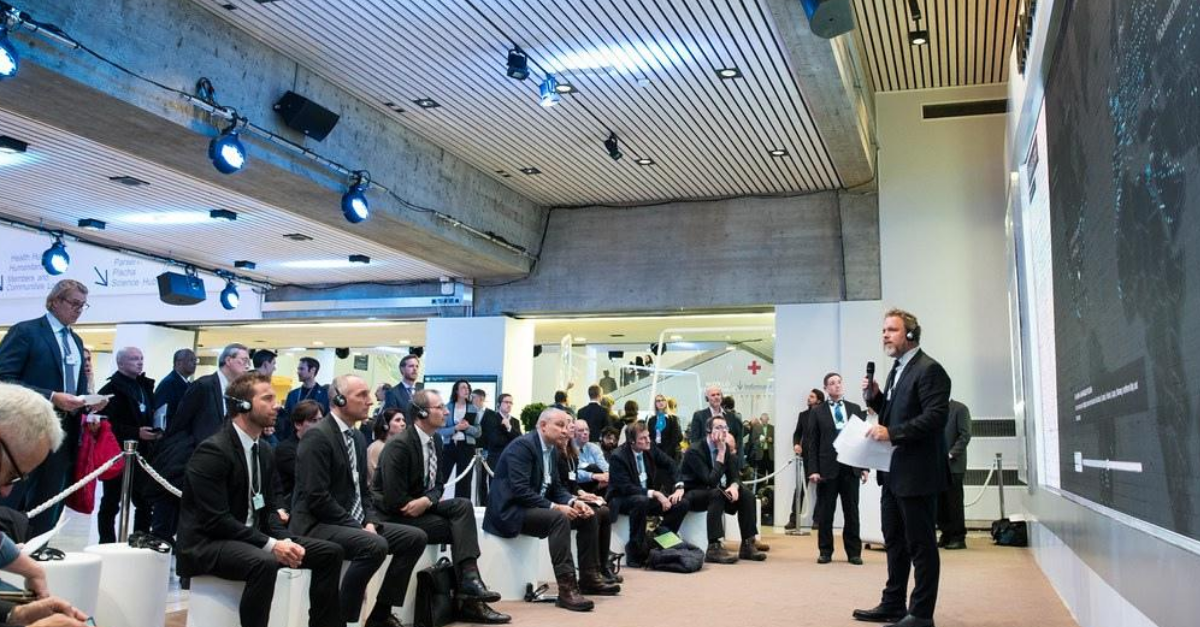COVID-19 could reset cities for the better
By Robert Muggah
Published in IFHP
The COVID-19 pandemic is a profoundly urban crisis. The vast majority of the millions of reported cases worldwide are concentrated in overcrowded neighbourhoods and informal settlements. The virus – and government efforts to contain it – is testing virtually every city system to their breaking point. In the short term, it is disrupting basic services – from health and education to public transport and water and sanitation. In the longer term, it is exacerbating existing challenges such as unemployment, poverty and inequality.
From Miami to Mumbai, the virus and government lockdowns are deepening the fissures and fault lines that strafe cities. Regardless of a city’s economic development, a disproportionate share of COVID-19-related infections and fatalities are clustered among the most vulnerable residents, especially lower-income, minority, elderly, migrant households. The disease is a grim reminder of how economic geography is more important than physical geography in determining health outcomes.
Read more



